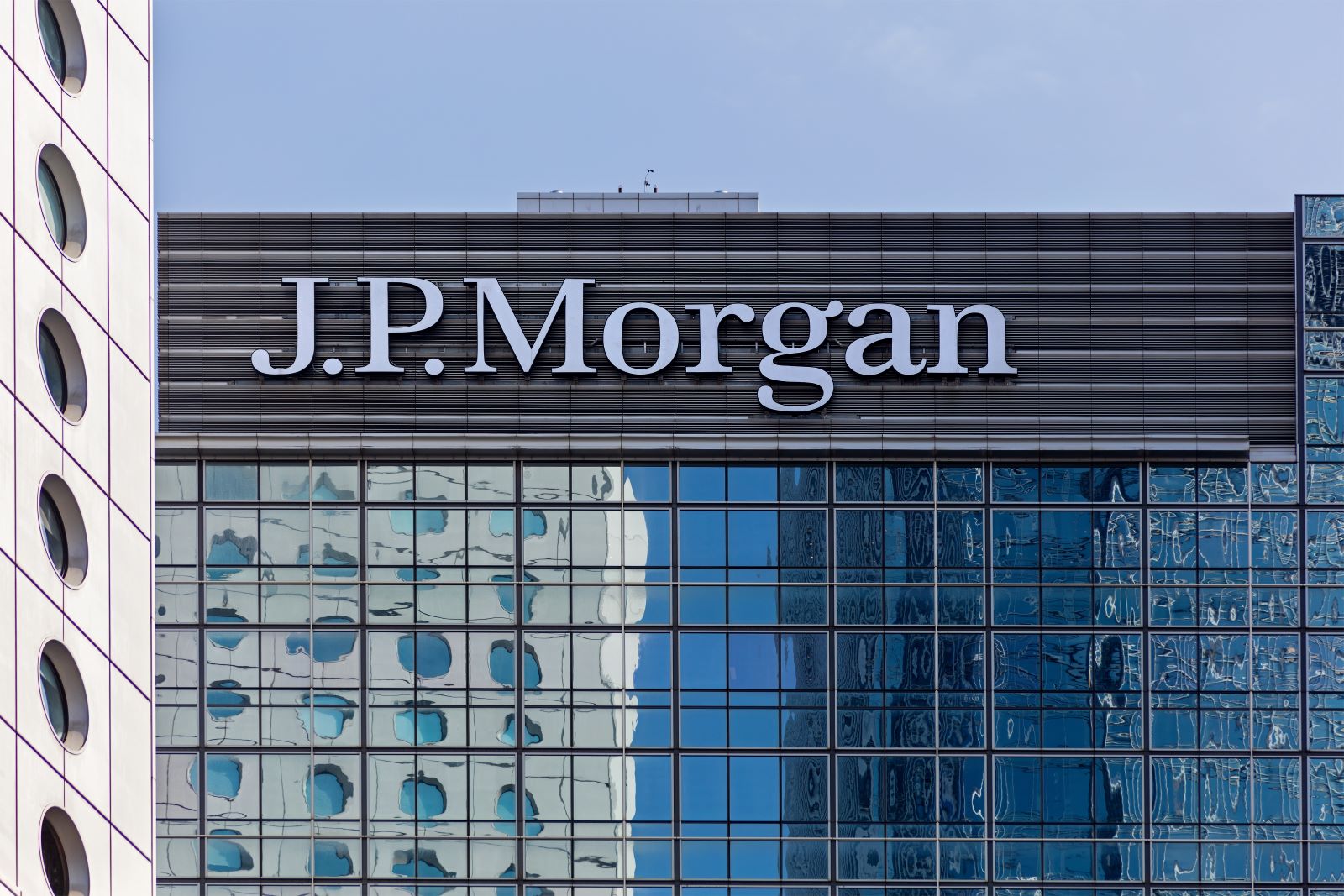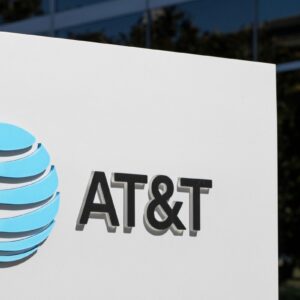In a move that’s raising eyebrows and blood pressure, JP Morgan Chase, one of America’s largest banks, has proposed a series of controversial new fees. The plan includes charging for services that were previously free, making customers wonder why they should pay more to access their own money.
What We Know About the New Fees

JP Morgan Chase is rolling out fees for basic checking account services, which were once free of charge. These include maintenance fees for checking accounts that don’t meet certain balance requirements, as well as fees for using ATMs not operated by Chase.
Why Is Chase Doing This?

Chase claims the new fees are necessary to cover rising operational costs and to encourage customers to use more of their digital banking services. But many see this as a money grab, especially given the bank’s recent record profits.
A Bank Profiting from Crisis?

Critics argue that Chase, which has enjoyed record profits, is exploiting its customers, especially during a time of economic uncertainty. They question why a bank that made billions in profits last year needs to squeeze more from its everyday customers.
The Impact on Low-Income Customers

The new fees will disproportionately affect low-income customers who are less likely to meet the minimum balance requirements to avoid these charges. For these individuals, every dollar counts, and the new fees could push them further into financial hardship.
A Broader Trend in Banking?

Chase isn’t the only bank introducing new fees. Many big banks are following suit, suggesting a broader trend in the banking industry. Customers are starting to feel like no matter where they bank, they’re going to be charged for basic services.
The Case for Digital Banking

Chase argues that the new fees will encourage customers to use digital banking services, which are cheaper to maintain. However, not all customers are comfortable with digital banking, and many prefer the option of face-to-face service.
Union and Consumer Advocacy Reactions

Consumer advocacy groups are blasting Chase for its new fees. They argue that these fees are a form of regressive taxation, disproportionately impacting those who can least afford them. Some are calling for stricter regulations on bank fees.
Market Reactions

Wall Street’s reaction to the new fees has been mixed. While some investors see the fees as a way for Chase to boost profits, others worry that the backlash could harm the bank’s reputation and lead to a loss of customers.
The Ripple Effect on Other Banks

With Chase leading the charge, other big banks might follow, potentially leading to an industry-wide increase in fees. This could mean higher costs for millions of Americans who rely on traditional banking services.
Looking for Alternatives

As Chase implements its new fees, customers are starting to explore alternatives. Credit unions and online banks, which often have fewer fees, are becoming increasingly attractive options for those looking to avoid the extra charges.
What’s Next for Chase Customers?

For Chase customers, the introduction of new fees means tough choices. They must decide whether to pay the fees, switch to a different bank, or embrace digital banking options to avoid the charges. The coming months will be critical in determining how Chase’s customer base reacts.
Could There Be More Fees Ahead?

The fear among many customers is that this is just the beginning. If these new fees go unchallenged, Chase and other banks could introduce even more charges, further squeezing their customers.
Millennials Are Over It: 25 Reasons Woke Culture Is Losing Its Charm

Has the push for progress tipped too far into preachiness? Here’s why many Millennials might think so. Millennials Are Over It: 25 Reasons Woke Culture Is Losing Its Charm
Is It Time Boomers Paid the Price for America’s Economic Inequality?

The American Dream feels more elusive than ever, especially for younger generations. What was once achievable through hard work now faces significant hurdles, from skyrocketing college costs to the challenging pursuit of homeownership. Here’s a look at why it’s tougher for Millennials and Gen Z compared to Baby Boomers. Is It Time Boomers Paid the Price for America’s Economic Inequality?
Rent Crash in California: Landlords Scramble as Prices Take a Hit

California’s rental market is taking a nosedive, with major cities seeing huge drops in rent prices. Rent Crash in California: Landlords Scramble as Prices Take a Hit
Featured Image Credit: Shutterstock / Katherine Welles.
The content of this article is for informational purposes only and does not constitute or replace professional advice.
The images used are for illustrative purposes only and may not represent the actual people or places mentioned in the article.
For transparency, this content was partly developed with AI assistance and carefully curated by an experienced editor to be informative and ensure accuracy.




